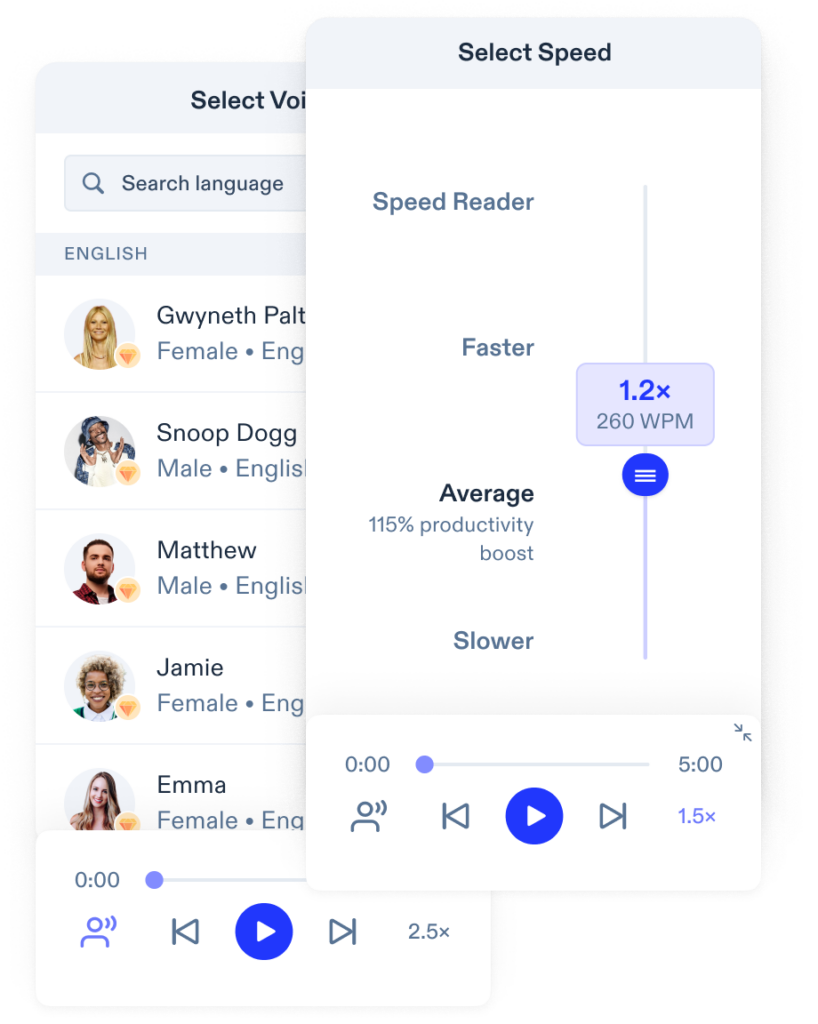
Dyslexia Symptoms will look different depending upon the age of the patient. Some symptoms become more prominent in school-age children. Learn more here.
Dyslexia Symptoms
What is Dyslexia?
Dyslexia is a generalized term for disorders that impact a person’s ability to read or interpret words, letters, or symbols. This disorder can also cause problems with writing and speaking, and difficulty learning, as the patients who struggle with Dyslexia have a hard time making the connection between letters they read and the sounds that the letters make.
It is estimated that roughly 5-10% of the population is impacted by Dyslexia. Some mental health and education professionals have suspicions that the number could be higher, closer to 18%, with an appropriate diagnosis of reading trouble and learning disabilities.
There are 4 main categories of Dyslexia that have been identified based on the symptoms that are demonstrated by the patient:
Phonological dyslexia, also known as auditory or dysphonetic dyslexia, impacts the ability to process individual letter sounds and syllables. Patients who struggle with this type of Dyslexia cannot match the letter sounds with written forms of the letters.
Surface dyslexia, also known as visual or dyseidetic dyslexia impacts the patient’s ability to recognize complete words. This type of dyslexia may stem from issues with vision or with the visual processing functions in the brain. This can cause difficulty in memorizing sight words in young children learning to read.
Rapid naming deficit, also known as rapid automated naming (RAN), impacts the patient’s ability to quickly name a series of letters, colors, or numbers in rapid succession. The brain’s ability to process the information is delayed and it will take the patient time in between items to be able to name them.
Double deficit dyslexia is used to describe a person who demonstrates more than one type of dyslexia, most commonly rapid naming deficit and phonological deficit. Individuals who are diagnosed with both deficits show significant reading impairments compared to others who are diagnosed with just one deficit.
What are the causes of dyslexia?
There is no one cause of Dyslexia and patients who suffer from it are born with their condition. Several factors could have caused their diagnosis. Some factors that may increase the likelihood of dyslexia are:
A family history of dyslexia as the condition can be related to genetic factors
Low or premature weight at birth
Fetal exposure to harmful chemicals such as recreational drugs, alcohol, or nicotine while in utero can have an impact on brain development and processing abilities.
Bacterial or viral infections contracted while pregnant can cause alterations in fetal brain development.
Differences in neuron connectivity in areas of the brain that are associated with reading and comprehension
Excessive stress at a young age
Those who have suffered from a brain injury or stroke can develop symptoms of Dyslexia, even if they had not experienced these symptoms prior.
The Symptoms of Dyslexia
Signs of dyslexia will look different depending upon the age of the patient. Some symptoms may be observed in early childhood and preschool years and become more prominent in school-age children. High school children and adults who suffer from dyslexia will have distinctive symptoms contributing to their diagnosis.
Symptoms in preschool-age children:
Struggling to memorize letters and colors
Delayed speech development
Confusing words that sound similarly
Reversing sounds in words or choosing incorrect words
Difficulty with rhyming words or with nursery rhymes
Symptoms in school-age children:
Trouble learning and struggling with reading and reading slower than average
Difficulty with information processing or remembering sequences
Mispronouncing new words or confusing words with similar sounds
Writing slower than average, and needing extra time
Symptoms in teens and adults:
Delays in processing what was read
Poor spelling or illegible handwriting
Reading problems
Low academic performance
Struggling to read aloud or tell a story
Difficulty in math
Mispronunciation of words
As with any learning disorder, early detection and intervention is the best mode of treatment for dyslexia. Methods to support language development can assist in improving the condition.
How to get help if you think you or your child has dyslexia
If symptoms are present and dyslexia is suspected, discuss the concerns with a healthcare provider or pediatrician. They will likely perform a routine checkup to ensure that there is not another factor hindering the ability to read and process information and look for a specific learning disability.
Patients should inform their doctors of all symptoms they are experiencing, including any symptoms that may appear to be unrelated. Patients should also include any major stresses, life changes, learning problems, or medications in the information relayed to the doctor. Your doctor may offer you a referral to another physician who specializes in speech therapy or behavioral therapy to give an official diagnosis of dyslexia.
While there is no official treatment that exists to correct dyslexia, early detection and intervention to address specific needs can set the child up for success in managing their dyslexia.
Teachers of children who are managing a dyslexic condition may choose to take approaches that focus on auditory forms of learning as well as visual and tactile to assist in improving reading abilities. Incorporating several symptoms into learning can assist in processing the information.
Some treatments may focus on helping dyslexic children by:
Assisting with learning and recognition using phonemes (the smallest speech sounds that are found in words).
Focusing on phonics by teaching that letters and groups of letters represent specific sounds
Assist the child’s reading and reading comprehension
Practice reading aloud to incorporate auditory stimulation and build accuracy of reading, speed, and fluency.
Assistance in building language skills and a vocabulary of recognized words.
One-on-one special education tutoring for severe cases of dyslexia
Children who have access to treatment by kindergarten or first grade will have typically improved their reading skills enough to succeed in grade and middle school. Along with treatment, children have access to accommodations at school to assist them in managing their condition without falling behind on their classwork. This is a legal obligation that the schools have to make necessary plans to help students that are diagnosed with dyslexia or other learning disabilities. This plan is known as an Individualized Education Plan (IEP).
Parents can help their children by being involved with their child’s teacher and school to ensure that their IEP is being followed and their accommodations are being met. Exercises at home can help with treatment as well such as reading aloud to the child and encouraging independent reading time.
Adults with dyslexia can have trouble excelling at work or in their careers. The best options for adults are to research options that can help with reading and writing and to ask about additional on-the-job training to assist in processing. Along with these options, those who suffer from dyslexia can ask employers for reasonable accommodations to perform their job under the Americans with Disabilities Act.
Resources for parents and teachers of children with dyslexia
Studies have shown that incorporating auditory learning with reading for children with dyslexia assisted greatly with their ability to process information. Text-to-speech engines, such as Speechify, can be a useful tool in helping children continue this learning, even outside of the classroom.
Speechify
Speechify’s tts capabilities can be very helpful in assisting those with dyslexia and helping them to better identify certain words and pronunciations. By having an auditory outlet for their learning, the boundaries of reading difficulties are removed and the information can still be processed, allowing for better learning and higher retention of educational material.
Another bonus that Speechify offers is the ability to take photos of any document or page that needs to be read and the software will read it aloud while highlighting the words on the page. The highlighted text coupled with auditory speech is an effective exercise in assisting with vocabulary building for those with dyslexia
Speechify’s free version includes a choice between 10 standard reading voices and can perform the basic functions of the app. Speechify premium is $139 per year (which breaks down to just under $12 a month, making it one of the more affordable premium options on the market) and includes access to over 30 natural-sounding voices. The premium feature also allows for the scanning of text and advanced importing functions as well as impressive note-taking and highlighting tools.
The benefits of using text-to-speech software include increased retention and absorption of materials that are consumed. Those who struggle with dyslexia can process more context from the tone, dictation, and voice inflection of the text. These components of text are often lost on those with dyslexia as reading alone is difficult, much less attempting to understand tone.
International Dyslexia Association
Based in Baltimore, Maryland, the International Dyslexia Association is a non-profit organization that is devoted to the education and advocacy of issues surrounding dyslexia. Their mission is to create a future for individuals struggling with dyslexia and other reading-related differences so that they may lead richer, more fulfilling lives and have access to the tools they need for success.
They offer annual conferences where mental and developmental health professionals can give speeches based on the latest research that is occurring in their fields as it relates to treating or creating awareness around dyslexia.
FAQs
How can you tell dyslexia by age?
The first symptoms of dyslexia will be noticeable as the child begins to make sounds. Babies and toddlers who don’t say their first words by 15 months or their first phrases until after 2 years of age are at a higher risk of developing dyslexia.
What are the 4 types of dyslexia?
The 4 types of dyslexia include phonological dyslexia, surface dyslexia, rapid naming deficit, and double deficit dyslexia which is a combination of phonological and rapid naming deficits.
What can dyslexia affect?
If dyslexia is left undiagnosed and treatment options are not practiced, the condition can lead to low self-esteem and behavior problems, as with many other learning disabilities such as attention deficit hyperactivity disorder (ADHD). Anxiety, aggression, and trouble with relationships are also common ways in which dyslexia can impact those who suffer from it.














